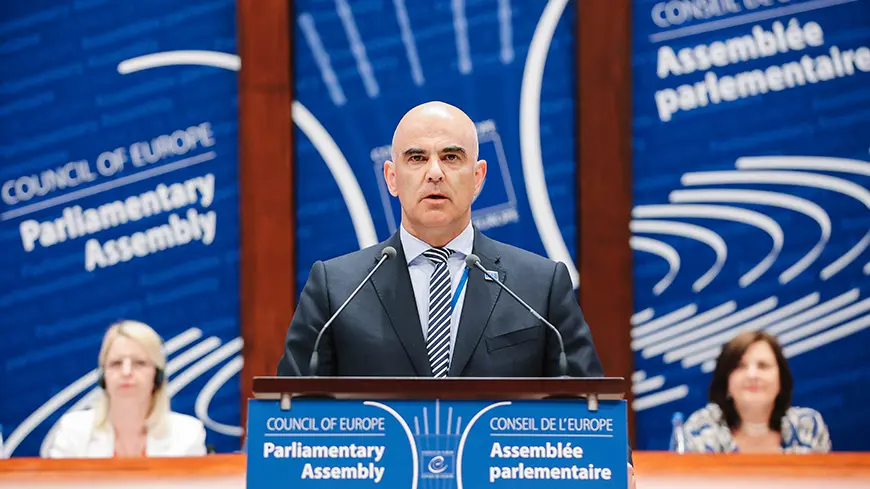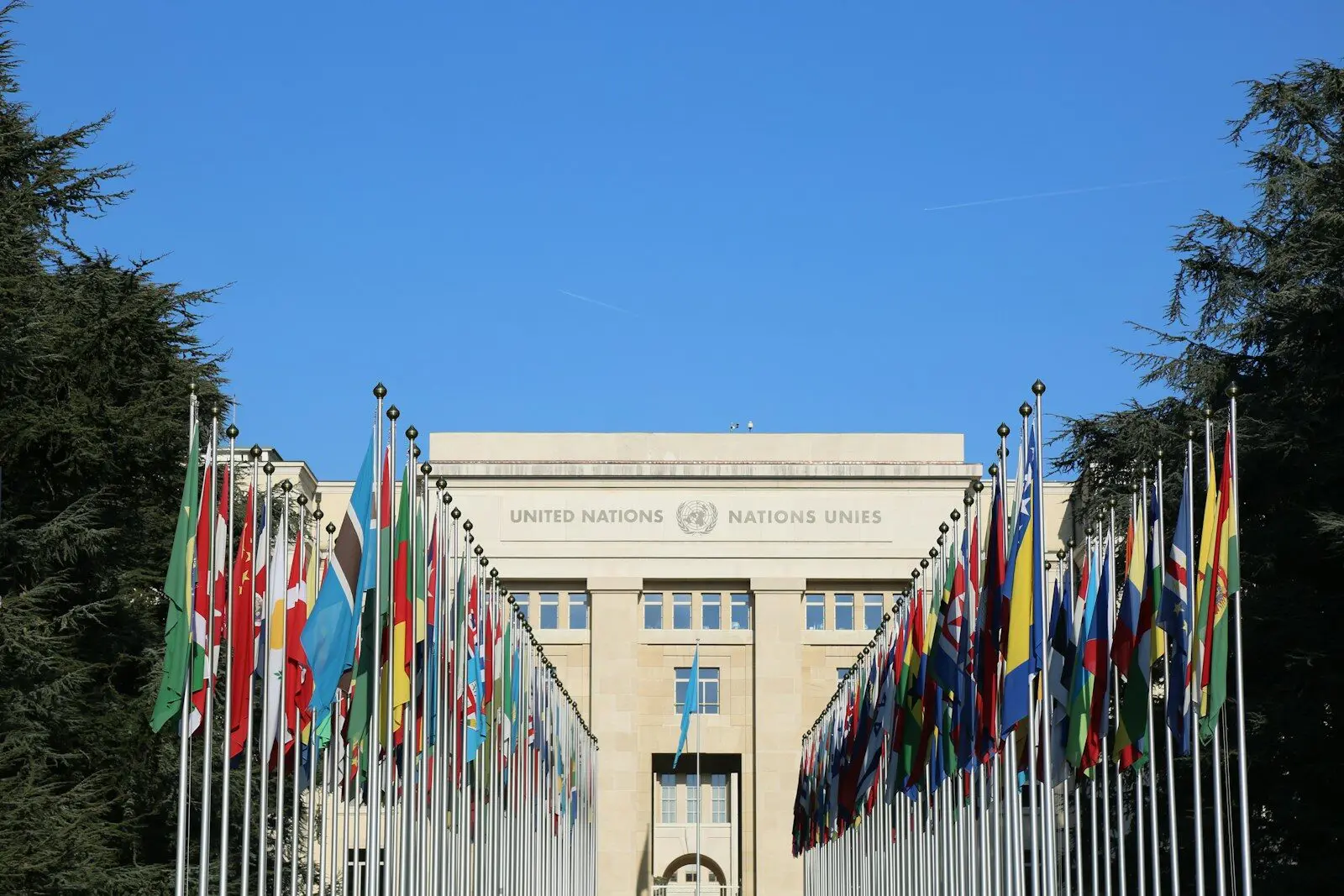Vienna, August 22, 2024 – Religious Hate Crimes – On the occasion of the International Day Commemorating the Victims of Acts of Violence Based on Religion or Belief, there is a significant focus on the rising number of hate crimes in the OSCE region. This issue was emphasized in a statement by the Personal Representatives of the OSCE Chair in Office, stressing the immediate action required to address growing religious intolerance and discrimination.
In their pointed message, the representatives expressed “deep concern at the alarming level of hate crime and acts of violence based on religion or belief across the OSCE region.” This assertion is not without basis. The statement highlighted a disturbing increase in intolerance towards Muslims, noting that “the high and increasing number of reported incidents of intolerance, violence, and discrimination against Muslims” is a testament to the deep-seated roots of anti-Muslim hatred exacerbated by xenophobia in several countries.
Since the series of Hamas terror attacks in October 2023, there has been an increase in anti-Semitic sentiments. The repercussions of these incidents, combined with the persisting tensions in the Middle East have instilled a sense of fear, among communities residing in various OSCE nations. The representatives noted that these conditions have forced individuals to “hide their Jewish identity in public,” a stark indicator of the present threats to personal freedom and security.
It’s evident that religious hate crimes aren’t limited to any group. “Acts of intolerance against Christians and members of other religions or beliefs continue unabated,” the statement claims, emphasizing the connection between these actions and extreme nationalism, racism and prejudice. These intersections present dangers to various social groups, such, as women, immigrants, Roma and Sinti communities.
A significant contributor to this worrying religious hate crimes trend is the role of social media. The representatives warned that social media platforms are instrumental in “promoting and amplifying these acts and expressions of intolerance and xenophobia,” often inciting violence through the dissemination of false information. They emphasized that while freedom of expression is foundational to democracy, it should not serve as a shield for unchecked hatred that targets individuals’ physical and emotional well-being.
The consequences of unchecked violence based on religion or belief extend beyond immediate physical threats. These acts “risk the erosion of our basic democratic values and principles,” posing a long-term threat to social cohesion, peaceful coexistence, and societal security.
In their closing remarks, the OSCE representatives made a resounding call to action. They encouraged participating States to fortify efforts in safeguarding freedom of religion and belief, urging the implementation of “comprehensive measures enabling the effective reporting, recording, and prosecution of hate crime.” Moreover, they emphasized the necessity of legislative and enforcement measures alongside appropriate victim support, when suffering religious hate crimes.
The statement underscored that “freedom of religion or belief is specifically acknowledged as an integral aspect of the OSCE’s comprehensive concept of security,” reinforcing its vital role in countering discrimination and prejudice. The representatives expressed readiness to assist participating States with the OSCE Office for Democratic Institutions and Human Rights (ODIHR) in fostering respect for freedom of thought, conscience, religion, or belief.
The joint call was echoed by Rabbi Andrew Baker, Ambassador Evren Dağdelen Akgün, and Dr. Regina Polak, each representing a focus on combating various facets of intolerance and discrimination. Their unified stance serves as a crucial reminder of the ongoing efforts required to ensure a secure, inclusive future for all religions and beliefs within the OSCE region.






